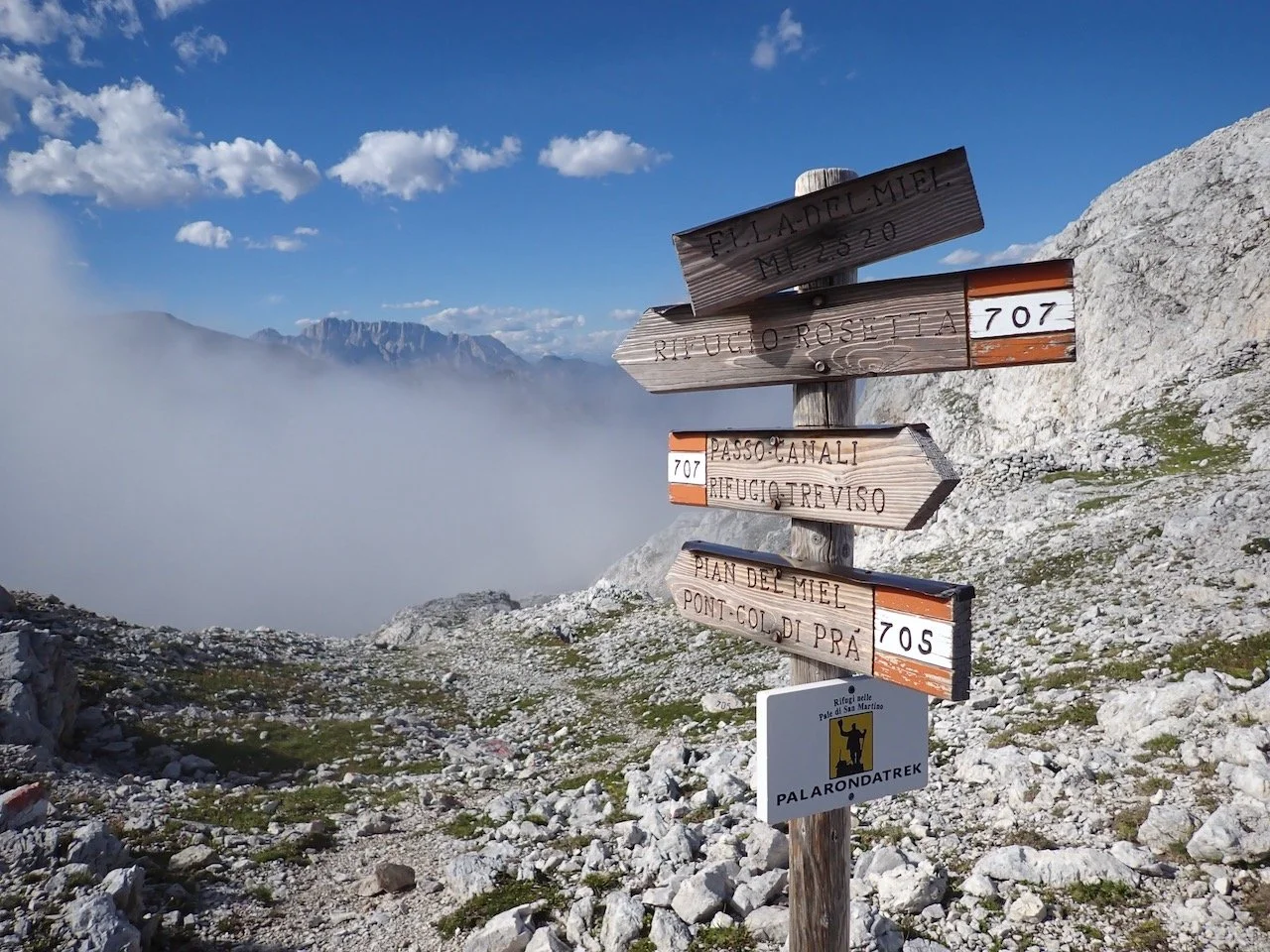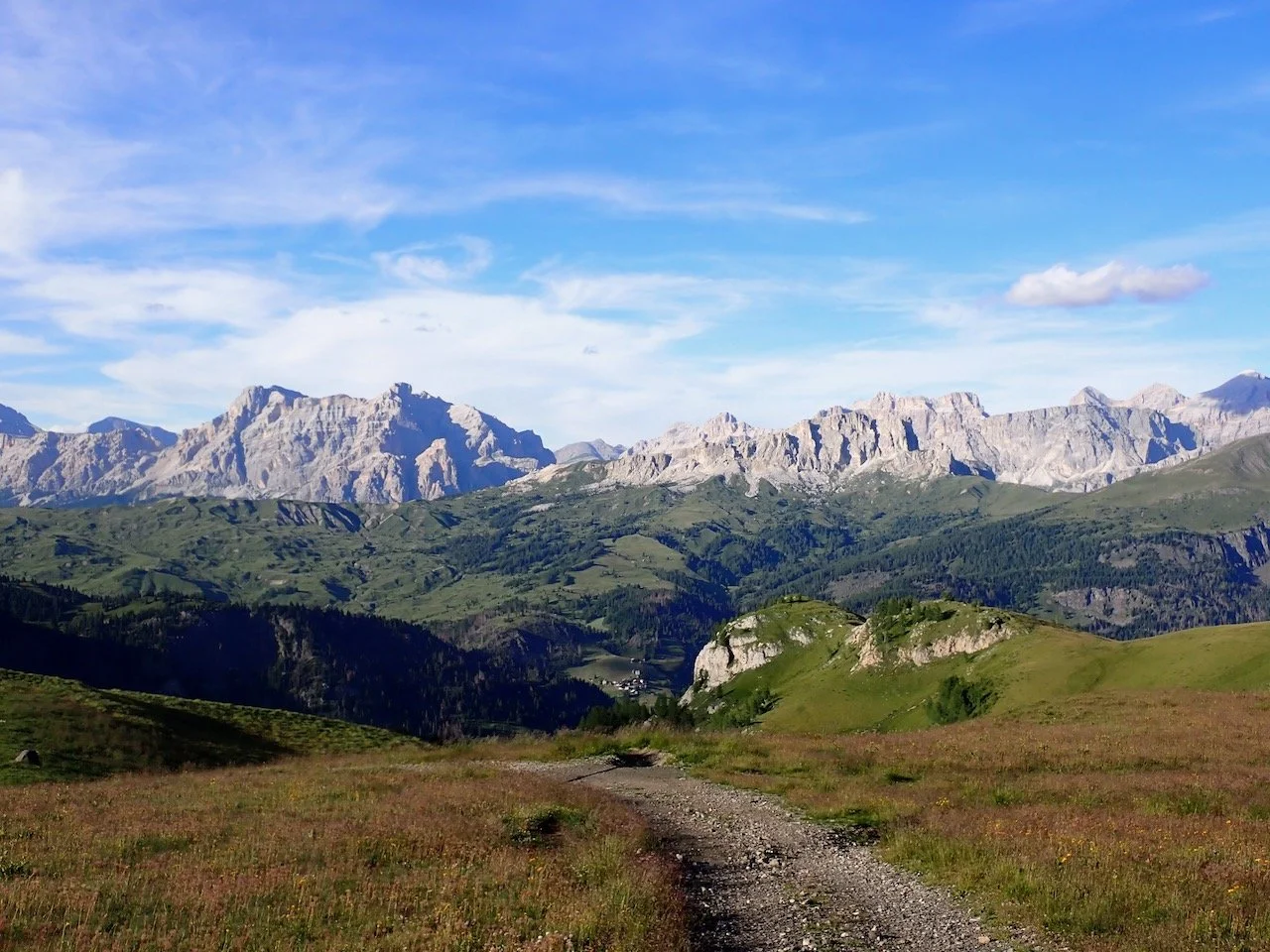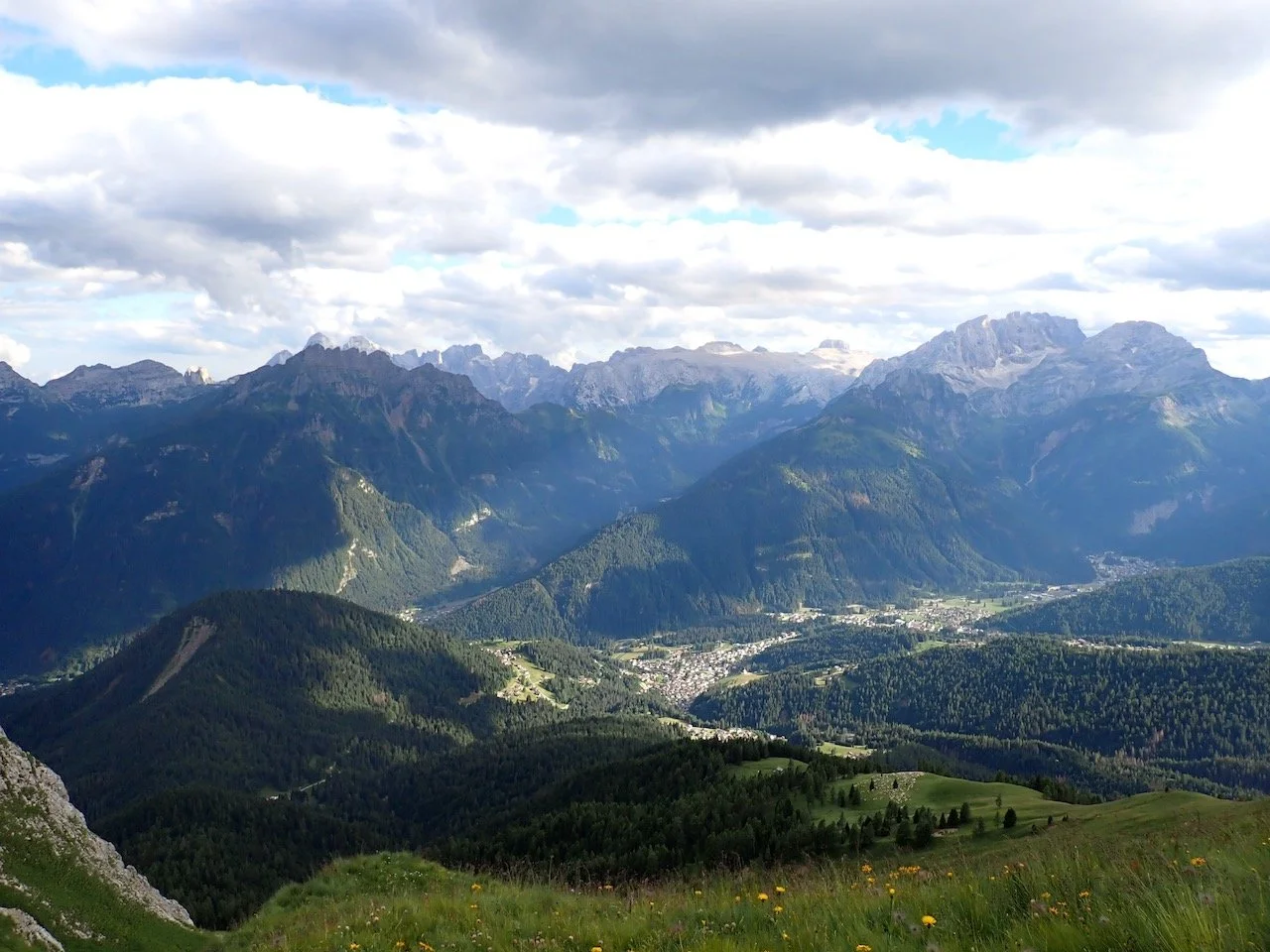Adam Weymouth on the epic journey behind his latest book Lone Wolf
Credit: Chris Boulton
For his latest book, Lone Wolf, writer and journalist Adam Weymouth traced the 1000 mile route of a wolf across the Alps. Along the way, he discovered the stories of the people living on the trail, and how their lives are being affected by nationalism, globalisation and climate change.
The wolf, named Slavc, set out from Slovenia on 2011, tracked by GPS. Four months later, he arrived on the Lessinian plateau, north of Verona. In Lone Wolf - a Radio 4 Book of the Week - Adam walks Slavc's path, examining the changes facing these wild corners of Europe. Following the wolf leads him to very human stories, from communities struggling to preserve their culture, to the clash of nationalism against globalism, and the rapidly emerging effects of climate change.
As part of this year’s Bookie Big Weekend, Adam will be taking us behind the scenes of his journey to delve further into everything he learned. Ahead of that, we caught up with Adam to find out more about Lone Wolf and his plans for the future.
Credit: Adam Weymouth
How did you first learn about Slavc and what inspired you to trace his footsteps?
More than ten years ago I did a walk across Scotland to see how people living there would feel about having the wolf reintroduced. During the research I read a piece about this wolf called Slavc who in 2011 had undertaken an epic walk across the Alps. Years later, looking for a new story after my book about following the salmon run in Alaska, I came back to him.
Partly I wanted to write about Slavc because it's such a hopeful story. Having been nearly pushed to extinction, the wolf is undergoing a remarkable resurgence in Europe, and I wanted to see how people living alongside it once more were coping with its return. But I also wanted to write about other changes happening in Europe: the climate crisis, rural depopulation, immigration, the rise of the far right.
I was drawn to Slavc because he had walked a path through all of this, and through some of the remote places that are feeling these changes most acutely.
What did you expect from the journey and how did the reality differ?
It was a beautiful walk, through parts of Europe that I scarcely knew - the karst in Slovenia, the Austrian Alps, and the Dolomites in Italy, which is one of the most incredible places I've ever been. I've done a few long journeys of this nature now - when I was 26 I walked from England to Istanbul - but I am always taken by surprise at just how kind and hospitable people can be.
I expected to learn a lot about wolves, but I didn't know I would learn so much about people. The aim of the journey was to really listen, not to take sides, and people were so generous in sharing their stories. I certainly hadn't expected that the wolf would have become such a political symbol. Because it is protected by the EU, its return is driving the surge of the far right in the countryside. That notion of the big bad wolf is as strong as it ever was.
Credit: Adam Weymouth
What was the most surprising thing you learned?
In Austria, I walked through several towns where people were being put to death as werewolves as late as the 18th Century. I was familiar with the witch trials, but I had no idea that alongside this, people were being executed for being werewolves. Generally, it was outsiders - a beggar or a traveller - who would turn up in a village, a sheep might be killed the same night, and the community put two and two together. This targeting of outsiders led to these awful delusions, and hundreds of people lost their lives because of the hysteria. Walking through a modern Europe where outsiders are still being scapegoated, it was easy to draw comparisons.
How has the response to the book been?
I've just found out I've been longlisted for the Baillie Gifford prize, which I'm thrilled about. It's a list that I've followed my whole writing life, and have discovered so many books through, so I couldn't be more proud to be on it myself. Other people tell me that they like the bits about the wolves, but they could do without the politics. To me, it's impossible to separate one from the other. The wolf is one of the world's oldest culture wars, and that's as true today as it ever was.
Credit: Adam Weymouth
Do you have plans for your next book?
I'm just back from the Pyrenees, where I've been with my family, walking with donkeys. With young kids at home, I find myself not wanting to go away so much now - I'm wondering if donkeys might allow us to go on a longer journey all together. Really - and maybe this is a product of being a parent - what I'm drawn to write about is hope. That's different from optimism, which feels a bit naive just now. I'm interested in people who believe they can shape the future into something better, and are actively taking a part in that.
Adam Weymouth will be speaking at Margate Bookie on 11 October at the Turner Contemporary. Tickets are £8 plus booking fee. Book now.




